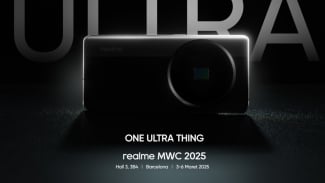Knowing the Actually Shape of a Rainbow, Not Half-Circle
- U-Report
VIVA – As we know, a rainbow has a curve shape or half-circle but turns out it’s not actually shape. A rainbow is formed as full circles when sunlight passes through raindrops at just the right angle. However, only part of the circle, the arch, is visible to us because the earth’s surface blocks the rest of the light.
A rainbow depends on refraction — how light is bent when it hits a raindrop — and reflection, which is light bouncing back. To understand why rainbows are halos, you need to know how they form.
"Most light entering a spherical raindrop ends up getting refracted at nearly the same angle, and if it also reflects once off the back of the raindrop this angle ends up being around 40-42 degrees from the direction the light is coming from," a research scientist at the National Center for Atmospheric Research in Boulder, Colorado, and an expert on rainbows, Kavulich stated, as quoted from the Live Science site.
Pelangi muncul di atas Masjid Agung Baitul Makmur Meulaboh, Aceh
- ANTARA FOTO/Syifa Yulinnas
Raindrops are actually spherical, not teardrop-shaped. According to the National Oceanic and Atmospheric Administration, the light starts to bend, or refract, when it enters a raindrop because water is denser than air. The light continues to travel until it reaches the back of the raindrop.
This is the phase where light bounces off the back. Now on its way out of the raindrop, the light refracts one more time and then separates into its iconic colors.
Because raindrops are spherical, they reflect light in a cone shape. And what is at the end of the cone? That's right: a circle. So, while the pot of gold at the end of a rainbow may be a myth, a rainbow is still the end of something.































